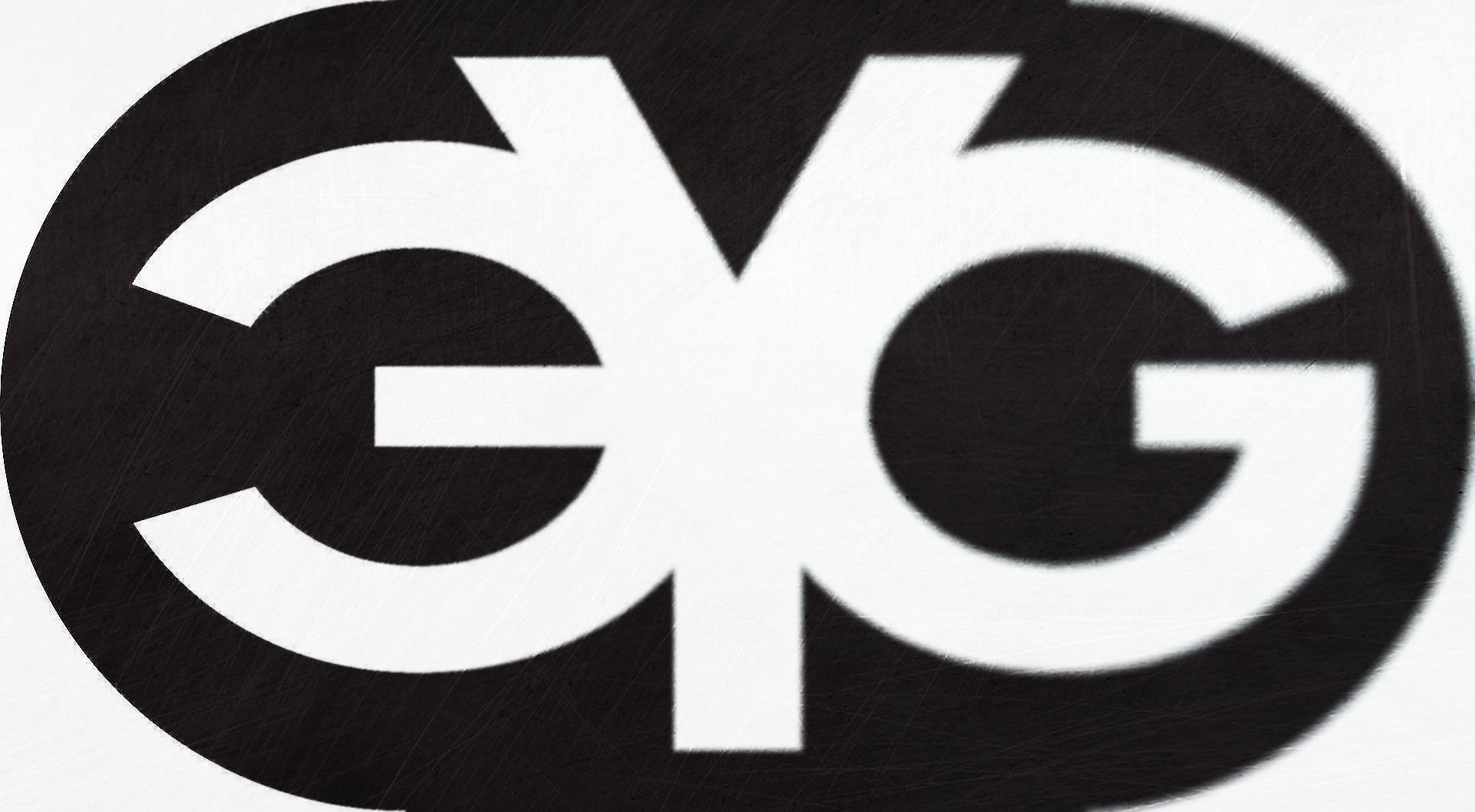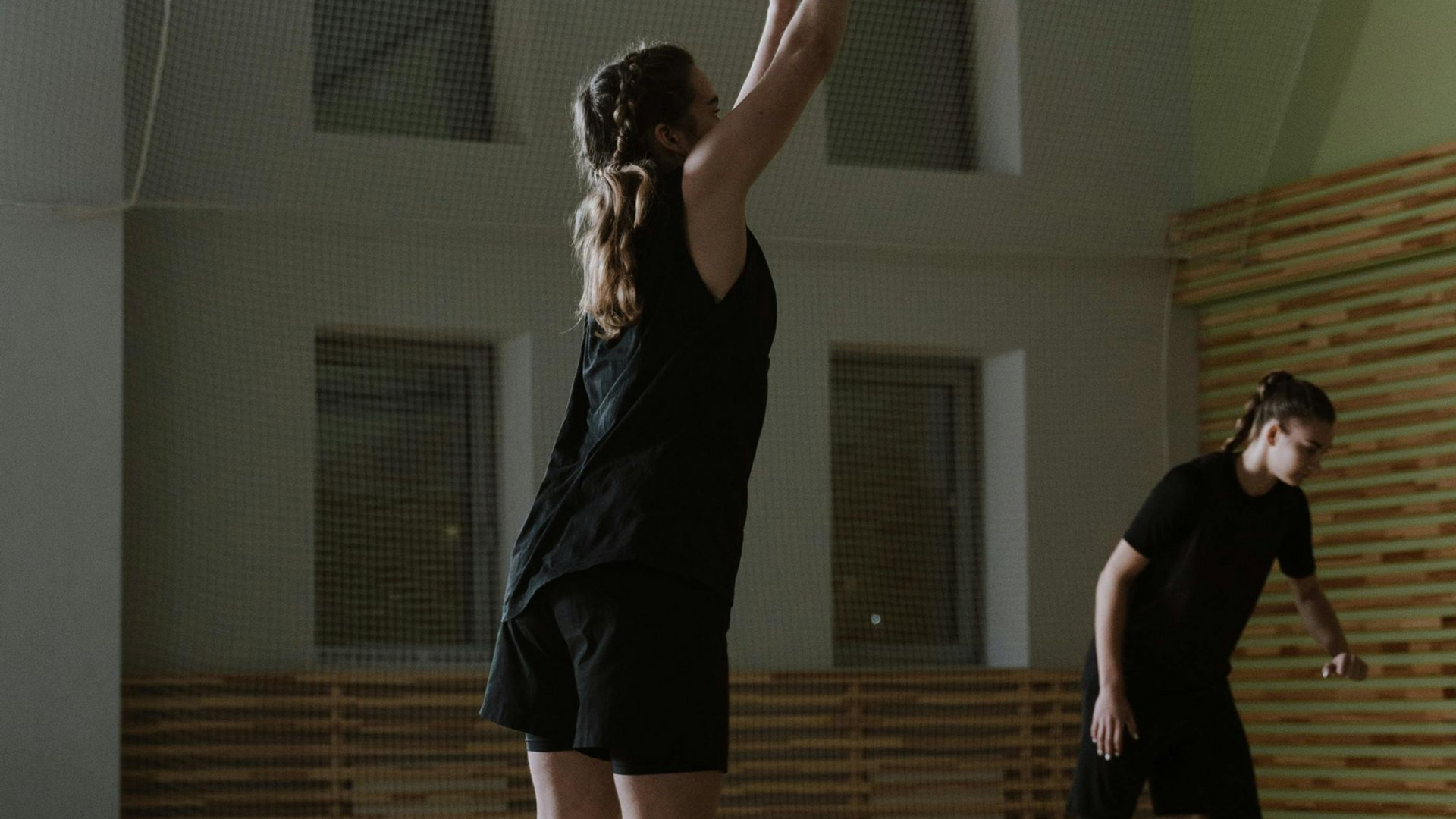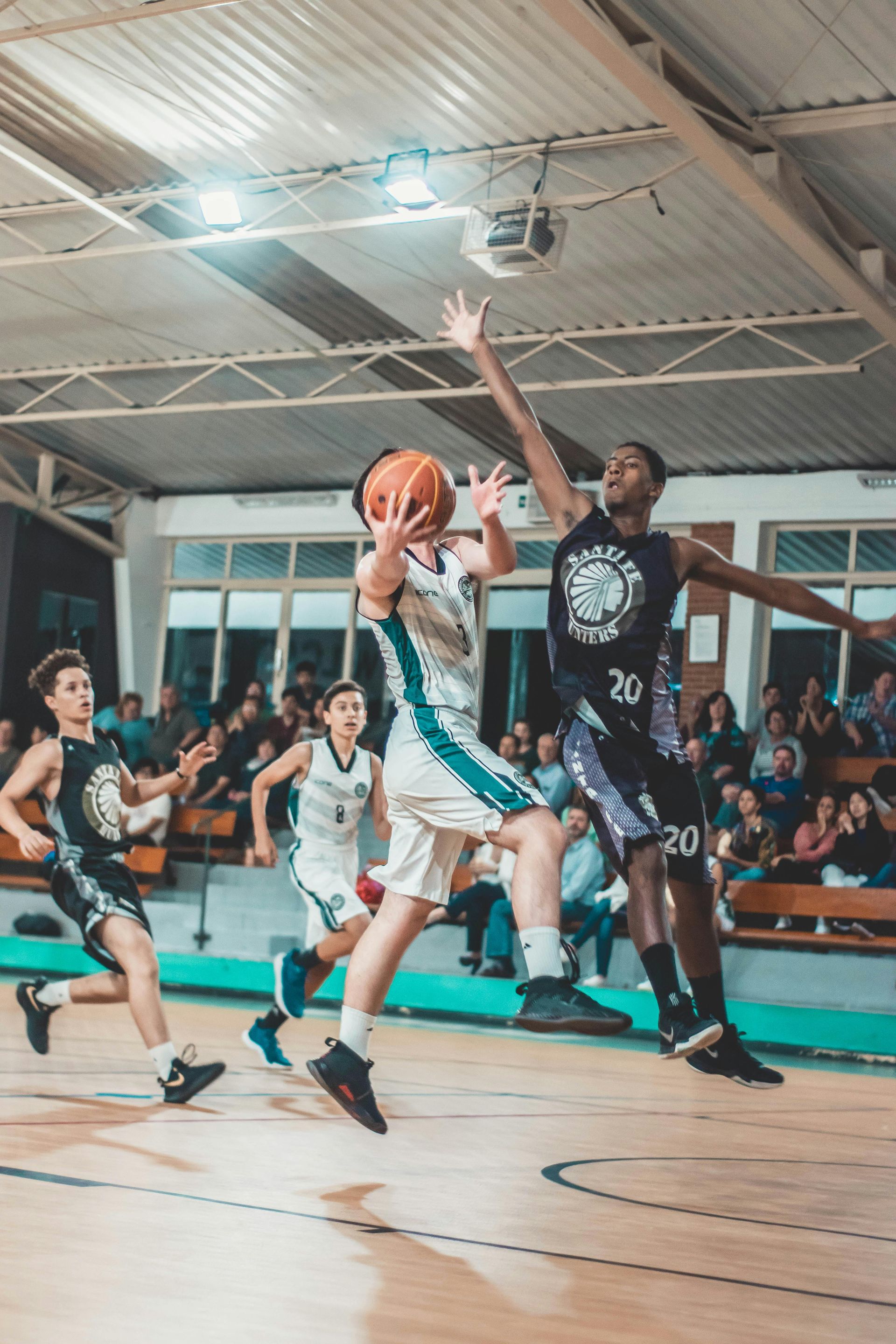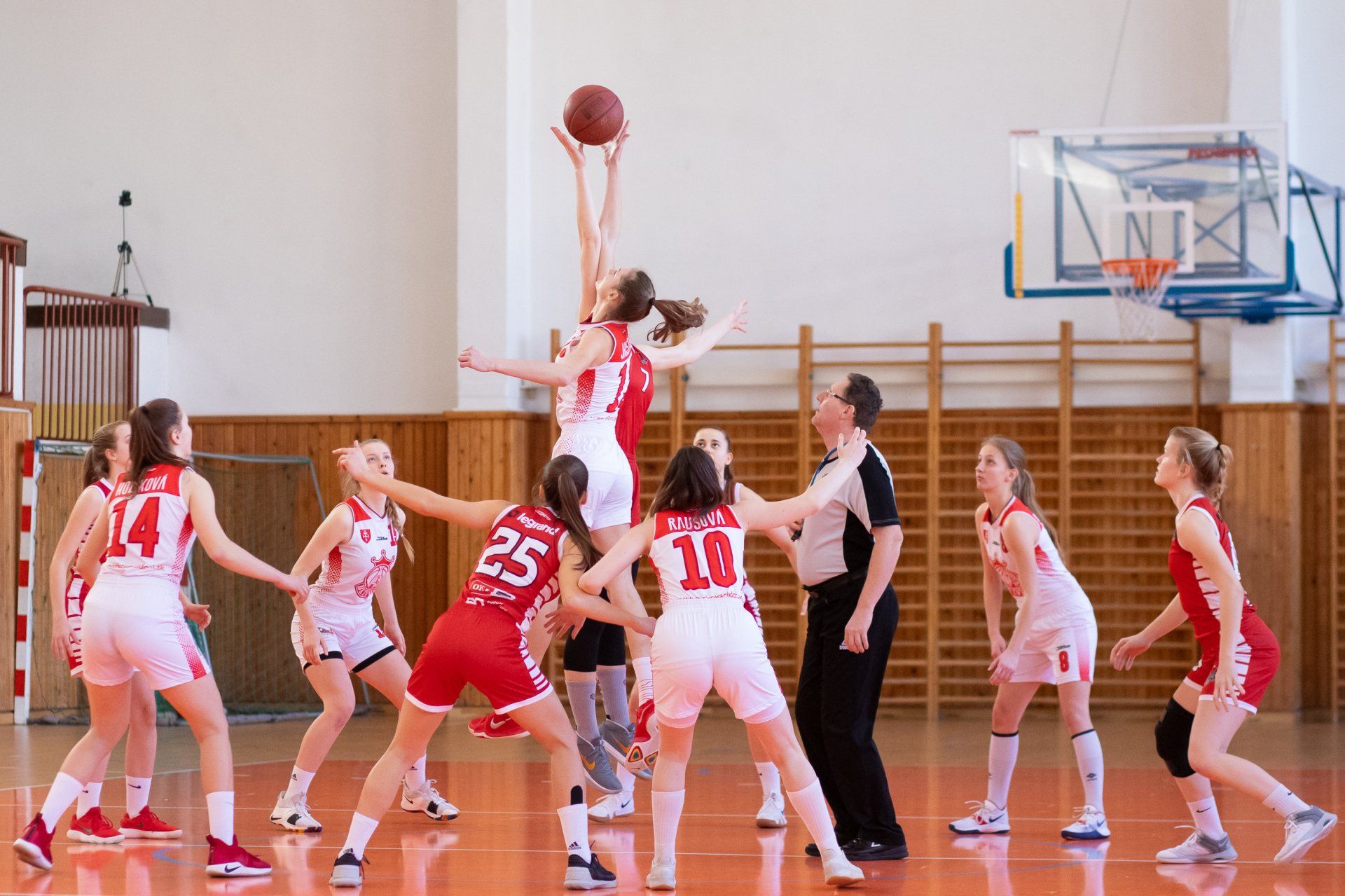How to Get More Steals in Basketball: Tips for Becoming a Defensive Stopper
Defense is a crucial part of basketball. Great defense can change the game, and getting steals is a big part of that.
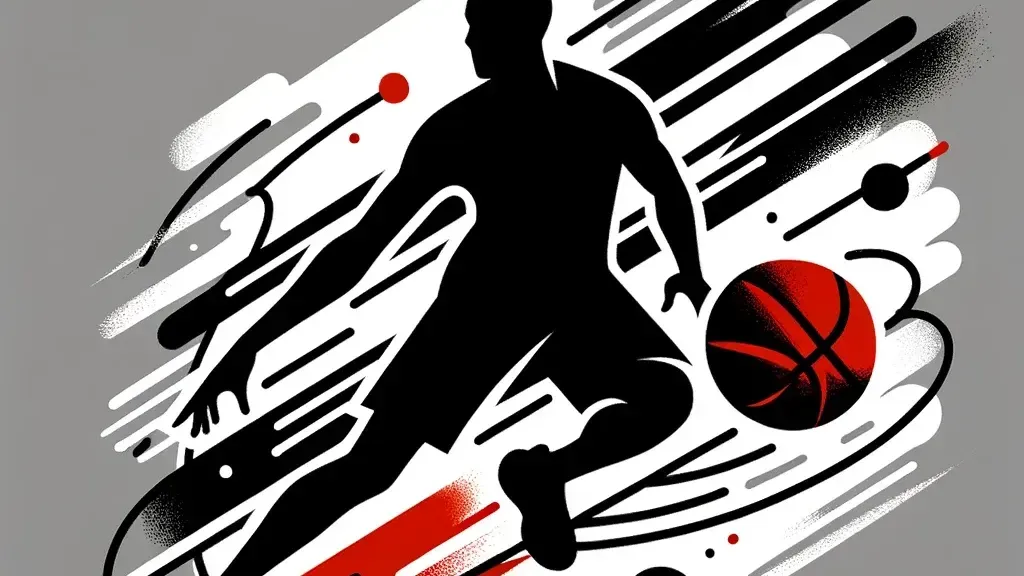
Defense is a crucial part of basketball. Great defense can change the game, and getting steals is a big part of that. If you want to be a defensive stopper, here are some tips to help you get more steals on the court. Whether you're a a young player or a seasoned player, these tips will help you step up your game. Parents and coaches, these are great points to emphasize with your players too!
1. Anticipate the Play
- Study Opponents: Learn the habits of the players you guard. If you know what they like to do, you can guess their next move.
- Watch the Ball: Focus on the ball handler’s waist or the ball itself. This helps you see where they're going to dribble or pass.
- Read the Game: Spend time watching game film. Discuss with your coach when and how to anticipate passes and dribbles.
2. Read Eyes and Body Language
- Eye Tracking: Pay attention to where the passer is looking. Their eyes can give away their next move. Sometimes!! No look passes are made by good players.
- Body Cues: Notice how the opponent’s body moves. A shift in weight or a shoulder fake can show you their direction.
3. Keep Your Hands Active
- Hand Placement: Keep your hands out and ready. Active hands can deflect passes and disrupt the ball handler.
- Swipe Timing: Practice timing your swipes. Try to swipe at the ball when it’s low or when the dribbler isn’t protecting it well.
4. Positioning and Footwork
- Stay Low: Keep a low defensive stance. This helps you move quickly and react to the ball handler.
- Angle Cutting: Use the right angles to cut off driving lanes. Force the ball handler towards your help defenders or into traps.
5. Communicate on Defense
- Defensive Talk: Always talk on defense. Call out screens, switches, and where the ball is. This keeps everyone alert.
- Signal Awareness: Use hand signals or verbal cues to alert teammates about traps and steal opportunities.
6. Physical Conditioning
- Endurance Drills: Stay in shape with conditioning drills. High energy and intensity on defense can lead to more steals.
- Quickness Training: Work on your agility and quickness. The faster you can move, the better you can react and steal the ball.
7. Practice with Steal Drills
- 1-on-1 Ball Handling: Practice 1-on-1 drills where you focus on stealing the ball from your opponent.
- Pass Interception: Run drills that simulate passing lanes and work on intercepting passes.
- Reaction Drills: Use drills that test your reaction time. Respond quickly to coach commands to intercept or steal the ball.
Make It a Habit
- Film Review: Regularly watch game film to see where you can improve. Look for missed opportunities and successful steals.
- Consistency: Always put in the effort on defense. Stealing the ball takes persistence and smart play.
By following these tips, you'll become a stronger defensive player and get more steals. Remember, defense can win games, and being a defensive stopper is a valuable skill. Keep working hard, stay focused, and always be ready to teach and learn more about the game.
